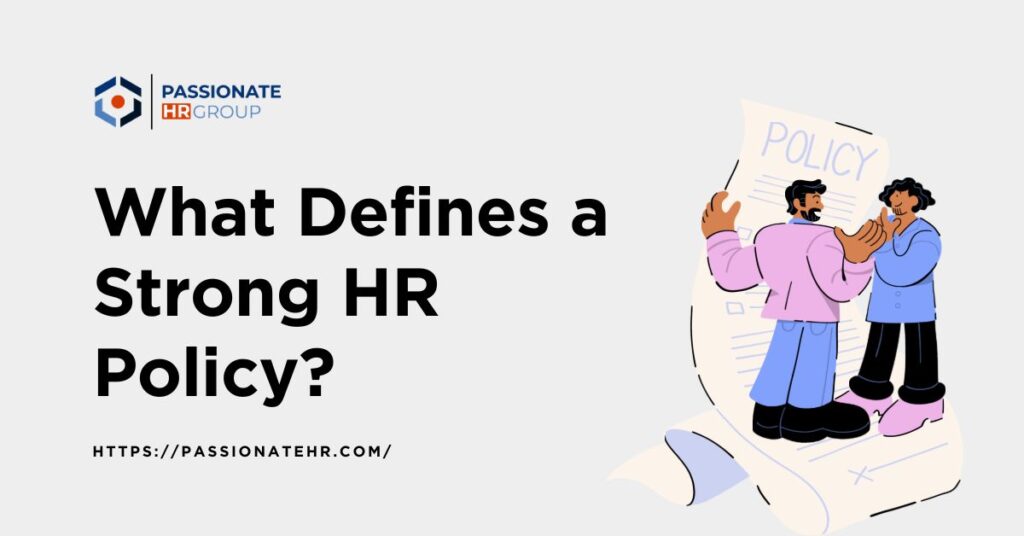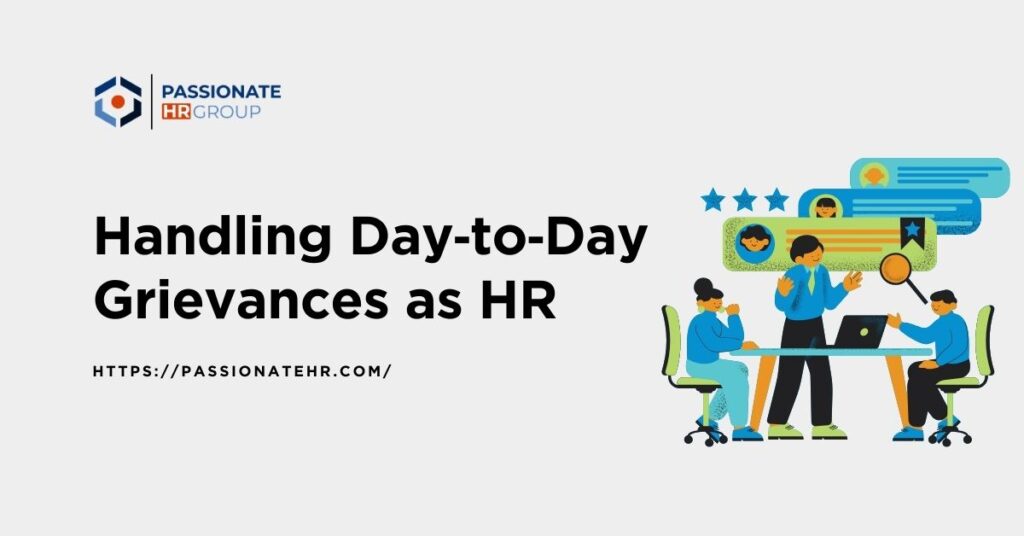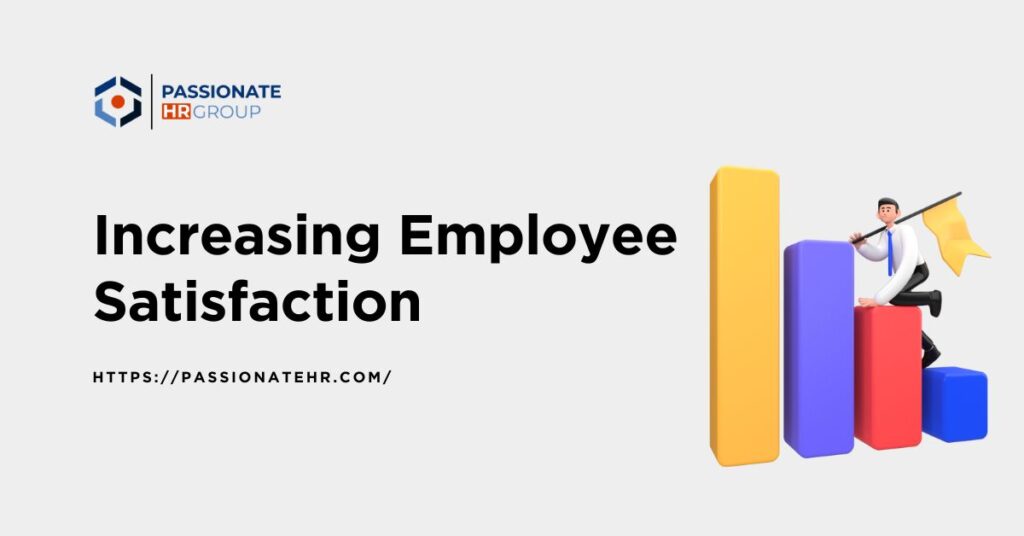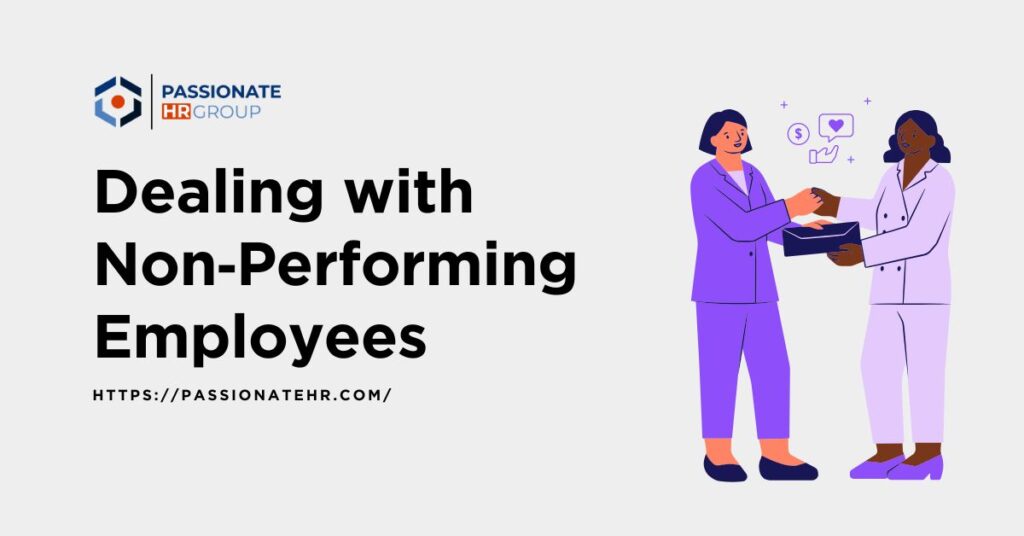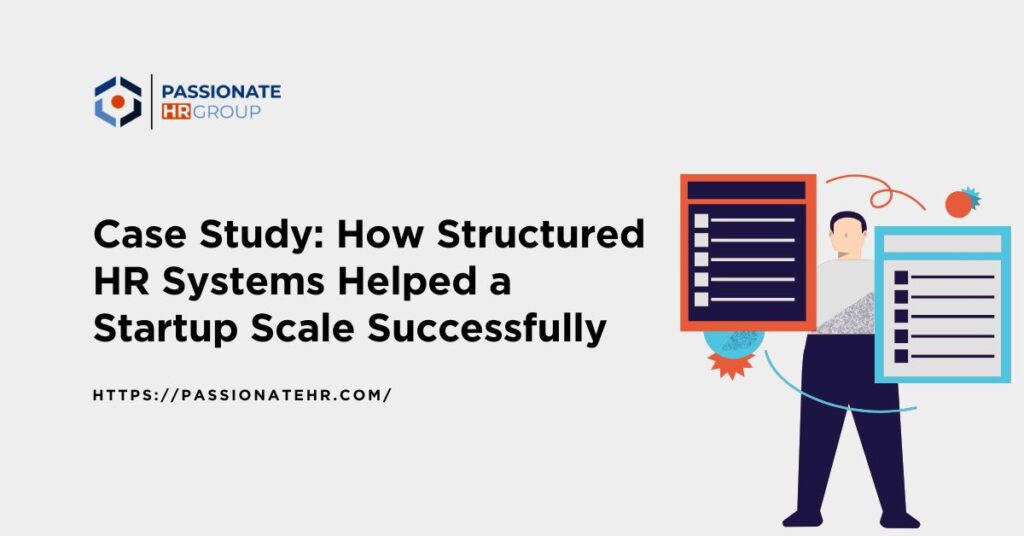In every workplace, rules and guidelines bring order. Without them, confusion quickly spreads. Employees may not know how to behave, managers may make inconsistent decisions, and fairness can slip away.
This is why strong HR Policies matter so deeply. They create a reliable structure that guides both employees and employers.
A clear, written policy builds trust, sets standards, and protects everyone involved.But what exactly defines a strong HR policy? Let’s explore in detail.
What Are HR Policies?
HR stands for Human Resources. The “resources” here are people, the heart of any business.
HR Policies are written documents that explain how employees should act, how issues will be handled, and what rights each worker has in the workplace.
Think of them as a rulebook for a team sport. If everyone plays by the same rules, the game runs smoothly.
If the rules are unclear, arguments and chaos follow. In the same way, the Best Human Resources Policies prevent misunderstandings, disputes, and favoritism in daily work life.
Even small companies benefit from clear policies. A family-owned shop with ten employees may not need hundreds of pages of rules, but a simple set of guidelines about respect, attendance, and safety can save a lot of trouble.
Larger organizations with hundreds or thousands of employees need more detailed structures to keep operations fair and consistent. In every case, policies provide a stable foundation for the workplace.
The Core Elements of Strong HR Policies
Not every policy is strong. Some exist on paper but do little to help. Others are so complex that employees struggle to follow them. To be truly effective, a policy needs a few core qualities.
Fairness and Equality
Fairness is the starting point of any good policy. Workers should feel confident that rules apply to everyone equally.
If policies favor a certain group, resentment builds and morale drops. For example, allowing flexible work hours for one department but denying them to another without reason creates frustration.
Strong policies are written with equality in mind, while still recognizing legitimate differences such as part-time versus full-time status.
Legal Compliance and Clarity
Every workplace must follow labor laws related to wages, safety, discrimination, and benefits. Strong policies make these rights clear.
The wording should be simple enough that any employee can understand without needing a lawyer. This clarity protects both sides: workers know their rights, and employers reduce the risk of costly legal disputes.
Flexibility and Relevance
A policy that never changes will eventually fail. Laws shift, technology evolves, and employee expectations grow. Policies that worked five years ago may no longer be suitable today.
For example, many companies had no guidelines for remote work until it became essential. A strong policy is flexible, adaptable, and reviewed often to stay relevant in changing times.
How HR Policies Shape Workplace Culture
Policies do not live only in handbooks,they shape daily experiences. They influence how people behave, how they are treated, and how safe they feel.
Setting Standards of Behavior
Strong policies set clear expectations for conduct. They guide employees on respect, communication, and professionalism.
By defining what behavior is acceptable, policies reduce conflict and help teams work together smoothly.
Building Trust and Respect
When employees know complaints will be handled fairly, trust in leadership grows. Respect spreads through the workplace when people see that the same rules apply to everyone, from entry-level staff to top management.
Supporting Employee Growth
Policies can also support development. Training policies encourage continuous learning. Career development guidelines give employees a sense of direction.
By spelling out how workers can grow, policies make people feel valued and motivated to invest in their future with the company.
Examples of Key HR Policies Every Workplace Needs
While policies vary depending on the size and industry of a business, some areas are universally important.
Hiring and Recruitment
Clear hiring policies outline how candidates are selected, interviewed, and evaluated. This prevents bias and ensures fair treatment for every applicant. Transparent recruitment also improves the company’s reputation among job seekers.
Attendance and Leave
Employees need clear rules on working hours, vacation days, and sick leave. Without this, confusion quickly arises, and conflicts become common. Leave policies also help workers balance personal and professional responsibilities.
Workplace Safety and Health
A safe workplace is a basic right. Policies should address accident prevention, emergency procedures, and health standards.
These are especially critical in industries like construction, healthcare, or manufacturing where risks are higher.
Harassment and Discrimination Prevention
Every workplace must feel safe and respectful. A zero-tolerance policy against harassment and discrimination shows employees that such behavior will not be accepted. These policies also explain how to report issues without fear of retaliation.

Training and Development
Policies on training highlight the company’s commitment to growth. Access to mentoring, courses, and skill-building opportunities benefits both employees and the organization. A workforce that learns continuously is more engaged and more productive.
Why Strong HR Policies Matter for Employees
Employees are the ones most directly affected by policies, and for them, strong guidelines can make all the difference in daily work life. Clear expectations are one of the greatest benefits.
When workers understand exactly what is required of them, confusion is reduced, and tasks feel more manageable. This clarity lowers stress and allows employees to focus on their responsibilities with confidence.
Strong policies also provide protection and support. Employees feel safer when they know that problems such as harassment or unfair treatment will be taken seriously and handled properly.
Knowing their rights are respected creates a sense of security, which makes the workplace more positive and trustworthy.
Another important benefit is the opportunity for growth. Training and promotion policies give employees a clear path forward in their careers.
When they can see how to develop new skills or move into higher roles, they feel motivated to stay and contribute more to the organization.
When people feel secure, respected, and encouraged to grow, they are naturally more engaged and loyal.
This commitment strengthens the entire workplace, creating an environment where employees want to do their best and remain part of the team.
Why Strong HR Policies Matter for Employers
Employers also gain significant benefits from strong policies.First, policies provide legal protection by aligning with labor laws. This lowers the risk of lawsuits or fines.
Second, productivity improves when employees have clear rules and fewer conflicts. Workers can focus on tasks instead of worrying about unfair treatment.
Finally, strong policies reduce turnover. Retaining skilled workers saves time and money on hiring and training. A stable workforce creates a stronger foundation for long-term success.
Place-Based Considerations in HR Policies
Workplaces do not operate in the same way everywhere. Local rules and cultural expectations must be considered.
For example, labor laws in one place may differ from another. A company with offices in multiple regions cannot use the same policy everywhere without adjustments. Something allowed in one location may be restricted in another.
Culture also plays a role. In one place, employees may expect extended family leave, while in another, flexible work hours may be more valued.
Strong policies take these differences into account while maintaining fairness across the organization.
Common Mistakes in Creating HR Policies
Some policies fail because of common mistakes that reduce their value. One of the most common issues is the use of vague language.
When rules are unclear, employees and managers may interpret them differently, which can lead to misunderstandings, uneven application, and even conflict.
Strong rules should be written in plain, straightforward terms so everyone understands what they mean.
Another frequent mistake is simply copying policies from another organization without making changes. While it may seem like a quick solution, every workplace has its own structure, culture, and goals.
A rule that fits well in one setting may not work in another. Policies should reflect the actual needs and values of the organization rather than being borrowed from elsewhere.
A third mistake is overlooking the input of employees. Workers are the ones who deal with policies every day, so they often notice problems or gaps that leadership may miss.
If their feedback is ignored, policies may feel disconnected from real workplace challenges, which can reduce trust and respect for the rules.
Listening to staff and involving them in the review process helps create guidelines that are practical and fair.
How to Keep HR Policies Effective Over Time
A strong human resources policy today may not stay effective tomorrow. To remain useful, workplace guidelines must evolve with both employee needs and organizational goals.
Regular review is essential. Checking policies at least once a year keeps them aligned with labor laws, workplace safety standards, and current employment practices.
When organizations fail to update their human resources policies, outdated rules can create confusion and even legal risks.
Employee input is also valuable in shaping effective policies. Feedback through surveys, open discussions, and suggestion boxes provides real insights into what is working and what is not.
Involving staff in updating human resources policies also builds trust, as employees feel that their voices are considered in decisions that affect them.
Finally, managers need ongoing training on policy implementation. Even the clearest set of workplace guidelines can fail if leaders do not apply them fairly and consistently.
Proper training ensures that rules, procedures, and employee rights are respected across all levels of the workplace.
When human resources policies are treated as living documents rather than static files, they continue to protect employees, support employers, and strengthen workplace culture.
Conclusion
A strong HR policy is more than a list of rules,it is the foundation of a healthy workplace. It defines how employees are treated, how fairness is maintained, and how growth is encouraged. It protects workers, supports employers, and creates a culture built on trust.
Organizations that want expert guidance in building effective systems often turn to professionals such as Passionate HR Group, who help companies create structures that truly work for both sides.
In the end, a strong policy is about balance, respect, and fairness,qualities that allow every workplace to thrive.
